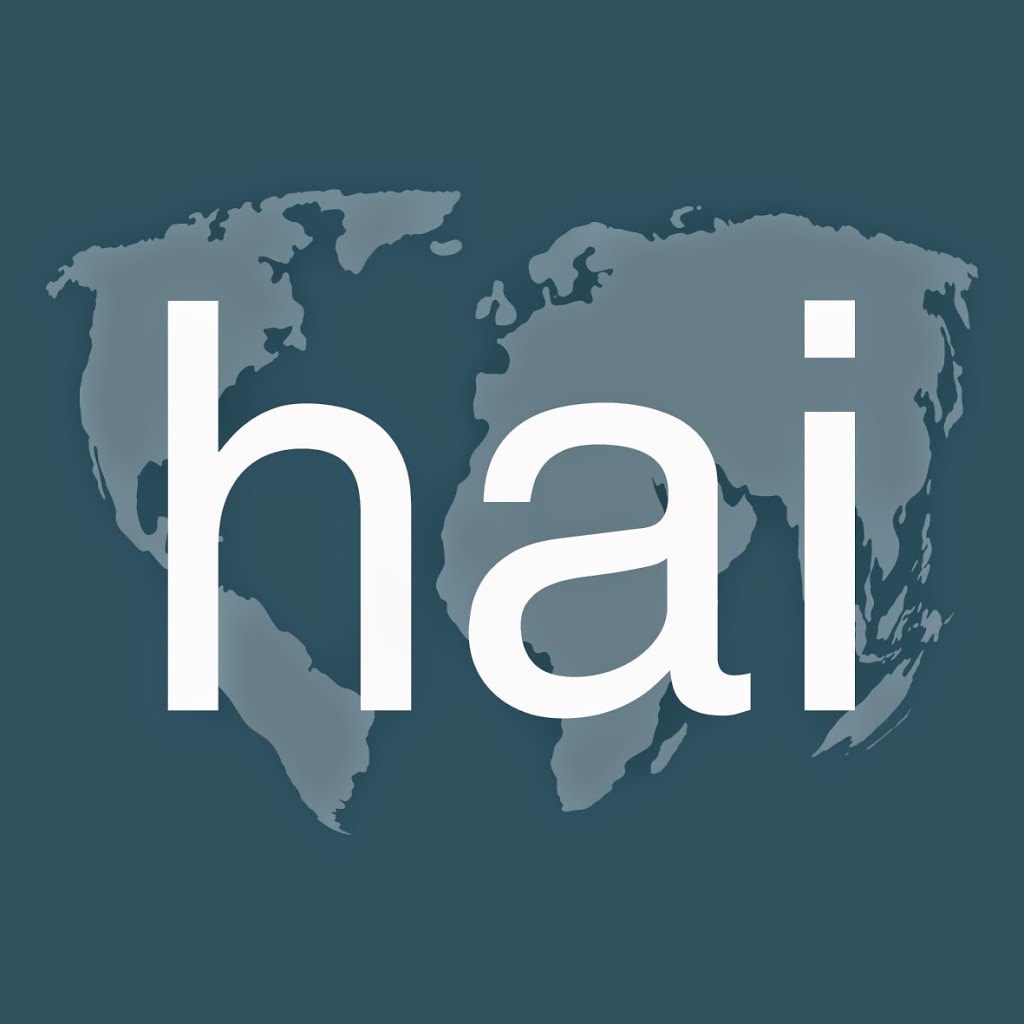by TIM REED As member states will be aware, Health Action International (HAI) has the status of Official Relations with World Health Organization (WHO), based on over fifteen years of collaborative work, primarily with the department for essential medicines.
As member states will be aware, Health Action International (HAI) has the status of Official Relations with World Health Organization (WHO), based on over fifteen years of collaborative work, primarily with the department for essential medicines.
Together, HAI and WHO developed the Medicines Price, Availability, Affordability and Price Components methodology, now covering 2.7 billion people worldwide.
We also collaborate work on pharmaceutical promotion, rational use and, more recently, jointly manage the Medicines Transparency Alliance, an inter-sectorial initiative for improving access to medicines in low- and middle-income countries.
The relationship between HAI and WHO is a model for collaboration, characterised by mutual respect for each other’s capacities, expertise, and understanding for shortcomings.
Crucially, we share values…values that mean we are pointing in the same direction; committed and determined to increase access to essential medicines and improve the rational use of medicines. We share the vision of working towards ‘health for all’.
It is therefore problematic that crucial distinctions between civil society and the private sector are blurred by subsuming them as non-state actors in the proposed framework before the assembly.
Civil society and the private sector are not the same, and cannot be considered to share the same value-based primary interests. In fact, we do not believe that the policy is proposing a thorough examination of conflict of interests. If taken forward in its current form, it may lead down a slippery path towards corporate capture of the global public health arena.
We urge member states to ask the director general to call a high-level seminar and workshop, with experts in conflicts of interest, global democratic governance, attended by academics and public interest groups that have experience in corporate accountability, so a thorough policy on interactions of WHO with other actors in the global health arena can be developed.
Become a donor or member and support our work to advance access to medicines. For everyone. Everywhere